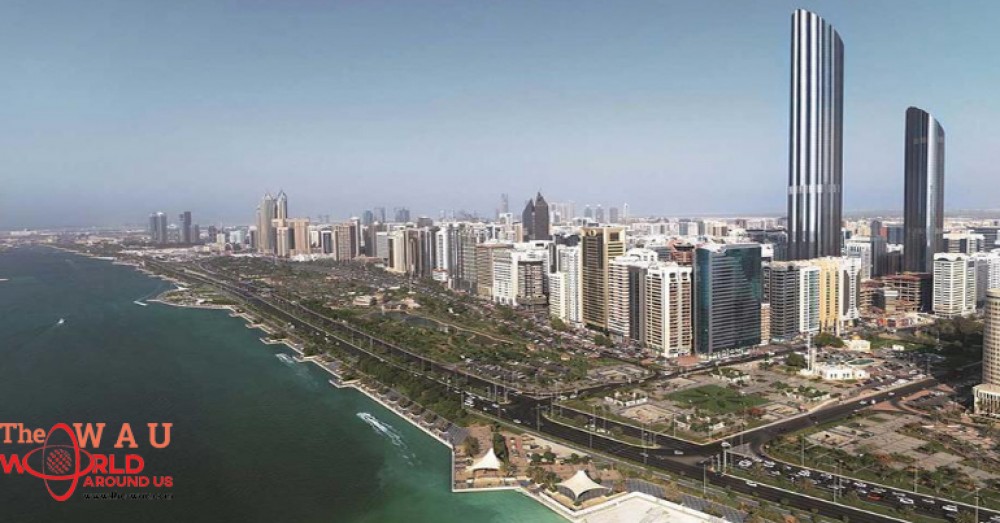Abu Dhabi real estate values drop by 7.2% in a year, the most of 150 markets analysed, while Dubai prices drop by 4.8%
The UAE cities of Abu Dhabi and Dubai have seen some of the world's biggest property price declines in the past 12 months, according to Knight Frank.
Its latest Global Residential Cities Index Q1 2018, which tracks the movement in average residential prices across 150 cities worldwide, revealed that Abu Dhabi property values fell by the most globally.
Prices in the UAE capital fell by 7.2 percent in the year to March 2018, according to the index.
Prices in neighbouring Dubai also struggled over the same period and posted an average decline of 4.8 percent, placing the city 142nd in the index.
Globally, urban prices rose at their slowest rate since the third quarter of 2015, with the index rising by 4 percent, down from 6.4 percent a year ago.
The Indian city of Surat led the Q1 annual rankings as prices increased 22 percent over the 12-month period due to an inordinately low base in Q1 2017, caused by the unprecedented demonetisation of high value currency in the country.
Surat was the only city to exceed 20 percent growth in index which included 11 European cities in the top 20. Rotterdam (14.8 percent), Edinburgh (12 percent), Porto (11.7 percent) and Sofia (11.3 percent), Berlin (14.9 percent), Budapest (14.4 percent) and Reykjavik (11.8 percent) all performed strongly.
In the US, Seattle (12.9 percent) continued to lead the 15 US cities tracked by the index, buoyed by a simple lack of supply in the face of escalating demand
Kate Everett-Allen, International Residential Research at Knight Frank, said: "Although the global economy is performing well – the IMF forecasts 3.9 percent growth in 2018 - increased vigilance on the part of policymakers keen to use macroprudential measures to curb price inflation, along with escalating affordability constraints are keeping a lid on urban price growth, accounting for the index’s weaker performance this quarter."
Share This Post















